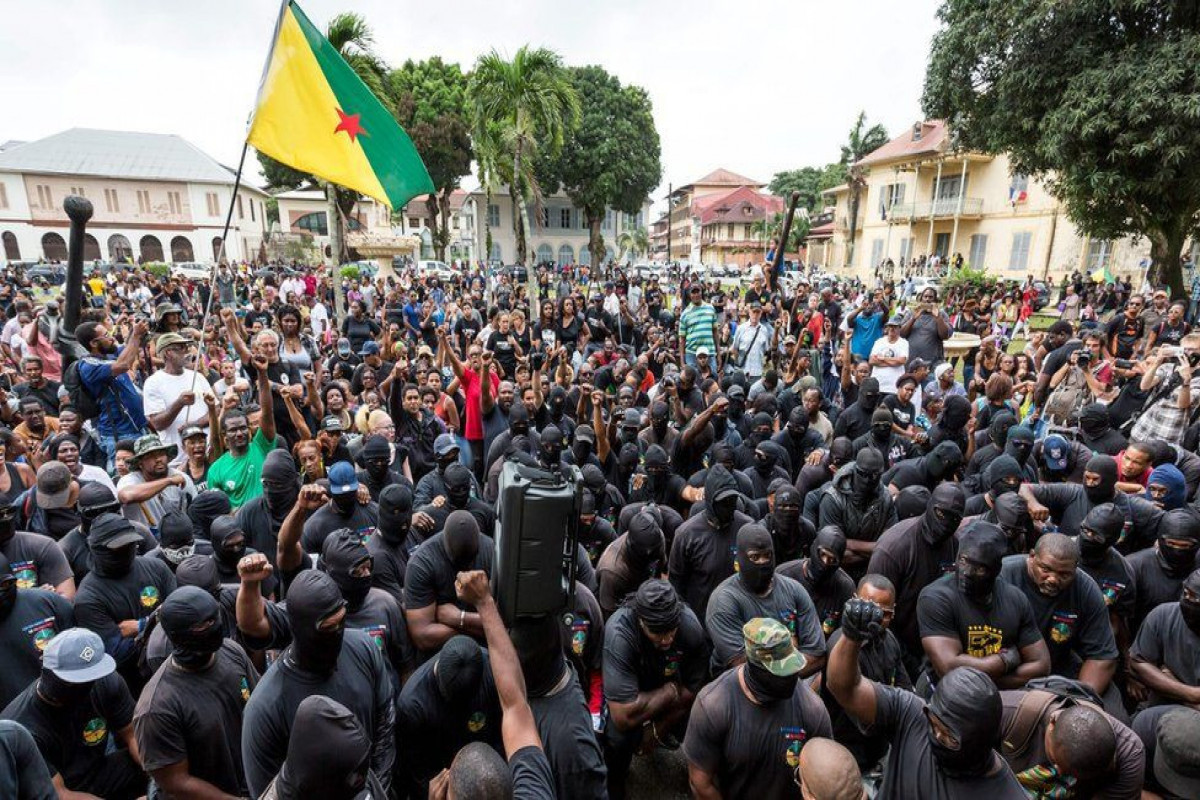The USA backed down from its position in the agreement regarding the opening of roads in the region and the operation of the Aghdam-Khankandi route from September 1. It is already clear from the information in the media that US Secretary of State Antony Blinken requested the opening of both Lachin and Aghdam roads in negotiations with the Azerbaijani leadership. But later, Armenia and the separatists resisted this agreement. After that, the US backed down from its position.
Because today the State Department and Congress are talking only about the necessity of opening the Lachin road.
When we look at the history of official Washington's approach to the Garabagh conflict, we do not encounter a different picture.
It should be noted very clearly, without any diplomatic cover, that the Garabagh conflict was the most unfairly treated by the United States among the conflicts in the former Soviet space. Official Washington has always, incomparably, reacted sharply to the cases of separatism in Georgia and Moldova in relation to the occupation policy of Armenia. He clearly treated the problems of Ukraine as his own and showed more sensitivity than the problems of any of his states.
The US has not shown even a 10 percent of the intolerance, political, and in some cases, military pressure on the Garabagh separatists that it once showed in relation to Abkhazia, Ossetia, Transnistria, Crimea, and Donbass. On the contrary, it kept the 907th amendment against Azerbaijan in force for years, and provided millions of dollars of aid to the separatists every year under the name of "mine clearance". The separatists have visited the United States and collected funds under the name of "aid to Garabagh". An office of the criminal regime in Garabagh was established in the US. Representatives of the separatists held the same meetings in Washington as they did in Moscow.
Official Washington has shown solidarity in relation to the Garabagh separatists and Armenia, even with countries with whom it has conflicts on all international and regional issues. In other regional issues, it has issued joint statements from the same position regarding Garabagh with the countries with which it is almost a party to the conflict and does not sit at the same table. What is the name of this, if not political hypocrisy and unprincipledness?
Likewise, in the "dead three" of the OSCE Minsk Group, the US did not have any different approach from France, which expressed its open support for Armenians, and Russia, which is an ally in the same military organization as Armenia.
All these analyzes show that the principle of justice and the fight against separatism do not stop at the essence of the issue for official Washington.
But what is the real essence of the matter?
Of course, the first priority is to get the vote of the Armenian diaspora in the US. For politicians in America, securing the interest of the groups that will vote is above all principles. Unfortunately, even within the United States, it is common for congressmen to commit blatant injustices for votes. Votes and interests are far more important than justice and reality in American politics.
The second issue for America at the regional level is, of course, the unresolved problem of Azerbaijan remaining. Recently, Azerbaijan's efforts to solve the problem with the support of its partners worry those who want Garabagh to remain a problem to be dealt with constantly. Therefore, the official Washington, having abandoned the old group of political supporters, which had lost its influence during the war, has now begun to finance new ones through USAID.
New "no war" people are being created by including feminist and LGBT groups with their left supporters who are more open to cooperation and can be easily made loyal. The "no war" groups active in social media and in the local bureaus of American-owned media agencies spread and support the disobedience and separatist statements of Armenian-origin citizens of Azerbaijan, rather than calling for "peace and stable lifestyle" in accordance with the main point. This is a way of putting the blame on official Baku through "local Azerbaijanis" for solving the existing problems.
We have not forgotten the recent history when politicians and operatives in Washington used the same methods in Ukraine and turned it into a training ground.
The third regional interest for the USA is related to Armenia. As a result of the policy carried out by the current Armenian leadership, this country is a real place to become a training ground for great powers. Pashinyan, who ensures the presence of Iran, Russia, the European Union and the United States along the same border, his "security guarantee" has become a great threat to Armenia in this way. Official Washington does not like to miss such opportunities. If there is a training ground, why not training?
The fact is that Azerbaijan freed its lands from occupation despite all pressures. The Garabagh conflict has become history, Azerbaijan has already completed part of the construction works in its liberated territories. IDPs are returning to their homes.
Now the issue is to disarm the few illegal armed groups in the territory of Azerbaijan and achieve the reintegration process in Garabagh. Azerbaijan, which has this strength and courage, does not suit the interests of the US, France and other such countries. That is why the representative of the US State Department sent Louis Bono to the region, but this visit did not contribute to solving the problems in the region. Because the US is not interested in peace in the region. If it were the other way around, official Washington would have an intolerant and harsh attitude towards the "election" held by the separatists. But on the contrary, the representative of the US State Department, Yuri Kim, spoke about the non-existent "rights of the people of Nagorno-Garabagh" in her speech at the Congress.
This clearly means that the US is not only fighting separatism, but is trying to legalize the military junta in Garabagh.
France, which declared itself Armenia's advocate during the Garabagh conflict and after the military operations, is factually currently out of the process and its mission as a mediator has been rejected.
If the US exhibits the same behavior, is there a need for its mediation?


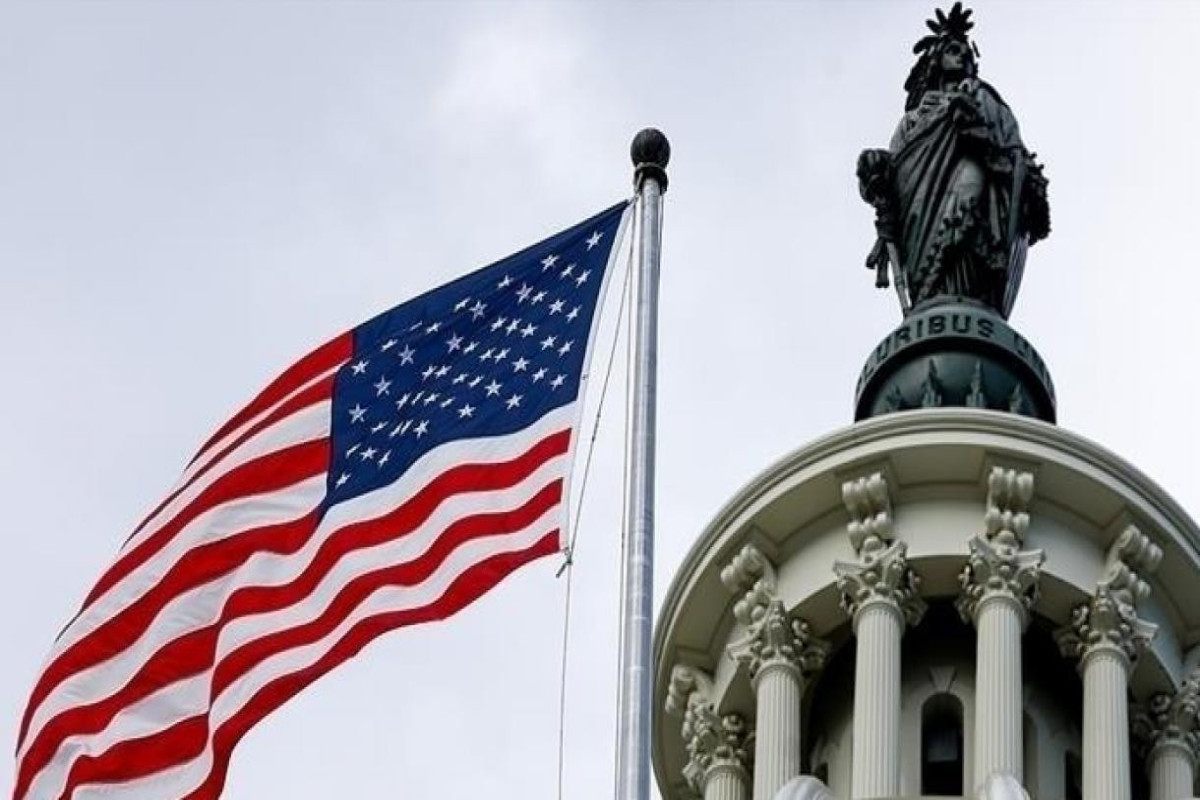
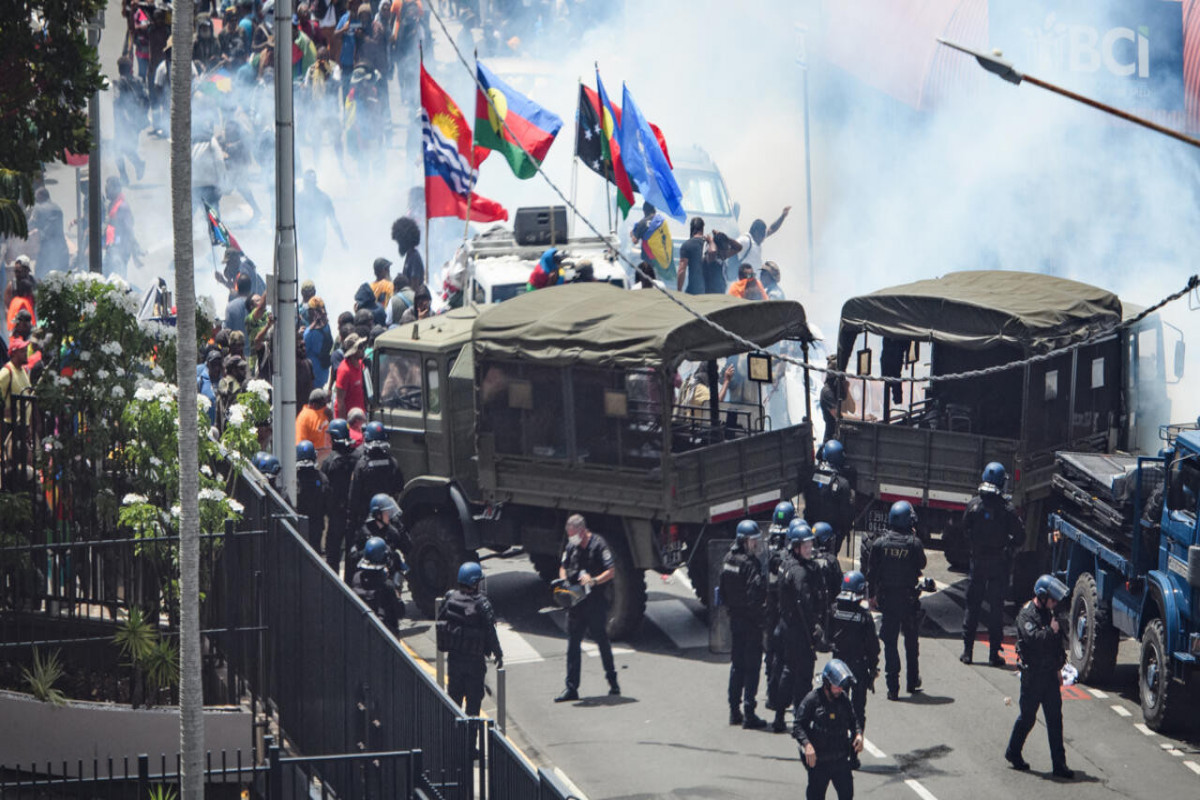 ANALYSIS'>
ANALYSIS'>
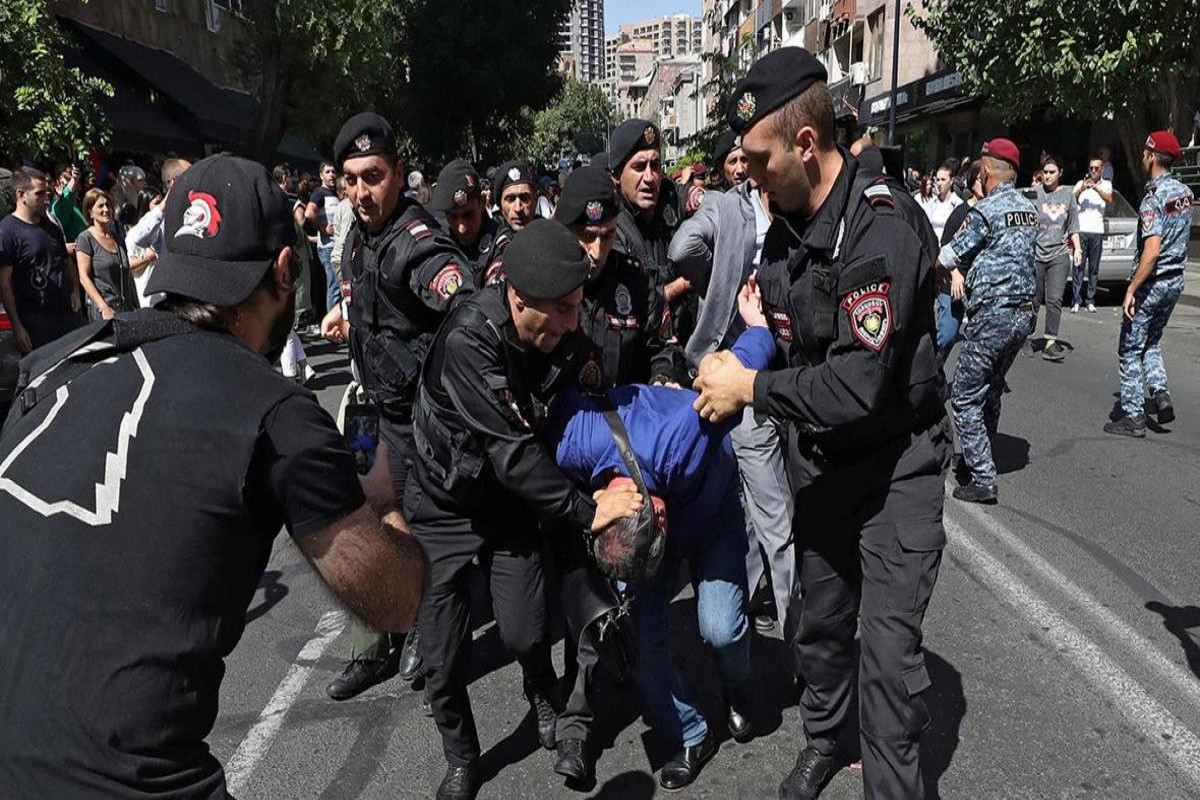
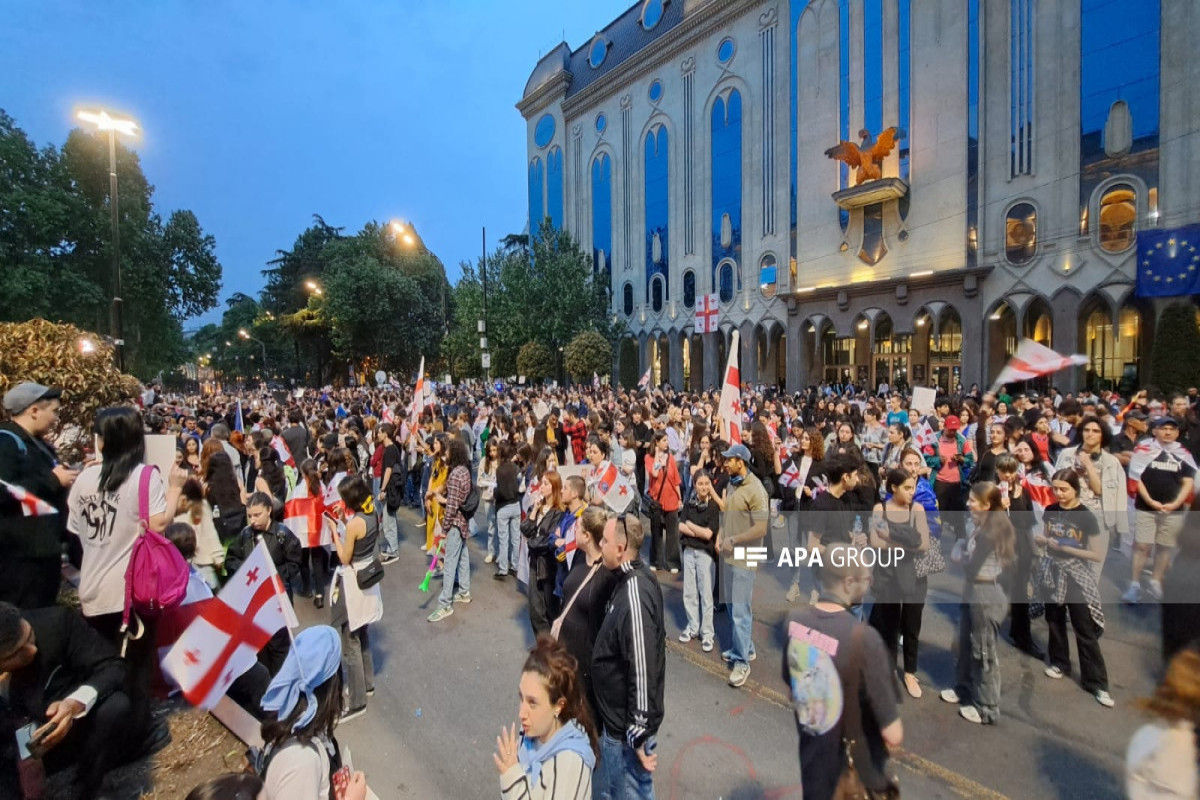 ANALYTICS'>
ANALYTICS'>
